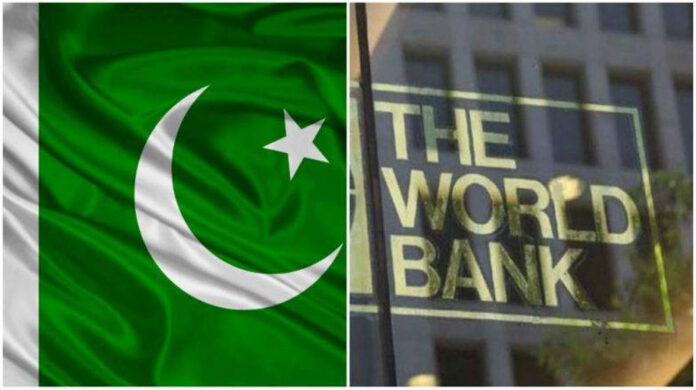ISLAMABAD: Pakistan continues to face deep-rooted gender disparities in employment, entrepreneurship, and access to financial and productive resources, with nearly 47 million women out of the labour force and around 55 million lacking access to formal banking, according to the World Bank. In its latest report, Women’s Economic Empowerment in Pakistan: An Evidence Guided Toolkit for More Inclusive Policies, the Bank highlights that women’s inclusion is critical to overcoming the country’s economic, human capital, political, and climate-related challenges.
The report underscores that the gender pay gap remains a persistent barrier to equity. Employed women in Pakistan earn, on average, 18 percent less than men, meaning for every Rs1,000 a man earns, a woman earns Rs818. While this gap has narrowed significantly from nearly 40 percent in 1999 to the current level, much of the change is attributed to rising earnings among women coupled with a decline in men’s wages. Despite the apparent progress, Pakistani women still encounter significant challenges across nearly every domain of economic participation.
Legal protections for women in Pakistan also trail those in other South Asian countries and fall below the global average. Barriers to entry in the labour force, unequal wages, limited mobility, safety concerns, lack of access to markets, land and asset ownership, and limited agency over daily decisions continue to limit women’s ability to participate fully in the economy. Moreover, gender-based violence and restrictive social norms further entrench women’s economic exclusion.
The World Bank calls for a fundamental shift in the country’s approach to economic growth, warning that Pakistan’s development goals—such as raising per capita income, addressing the human capital crisis, and reducing poverty—cannot be achieved without improving gender equality. The report emphasises the need for tailored solutions that move beyond a one-size-fits-all approach and instead centre women and girls in the design of economic and social policies.
To support this, the World Bank offers a data-rich, evidence-based policy toolkit informed by global and regional experiences. Drawing on over two decades of microdata from national and regional surveys, the report provides a comprehensive analysis of trends in women’s work and empowerment.




